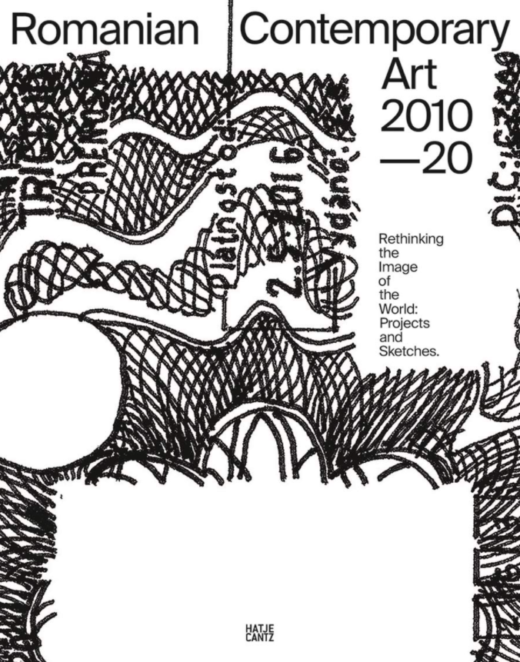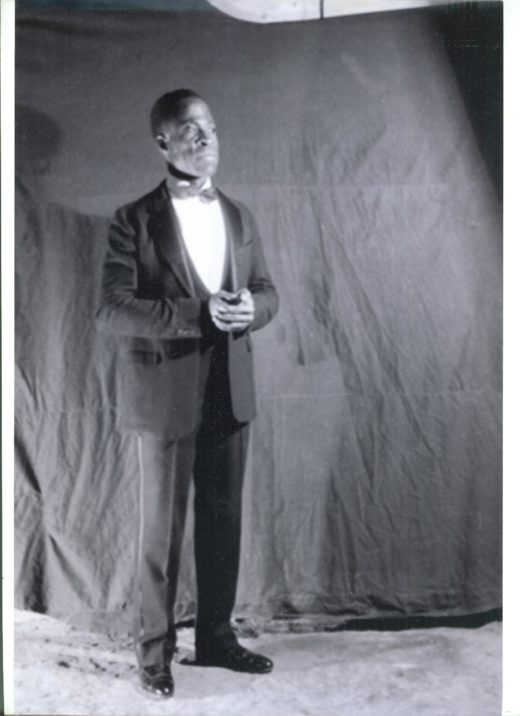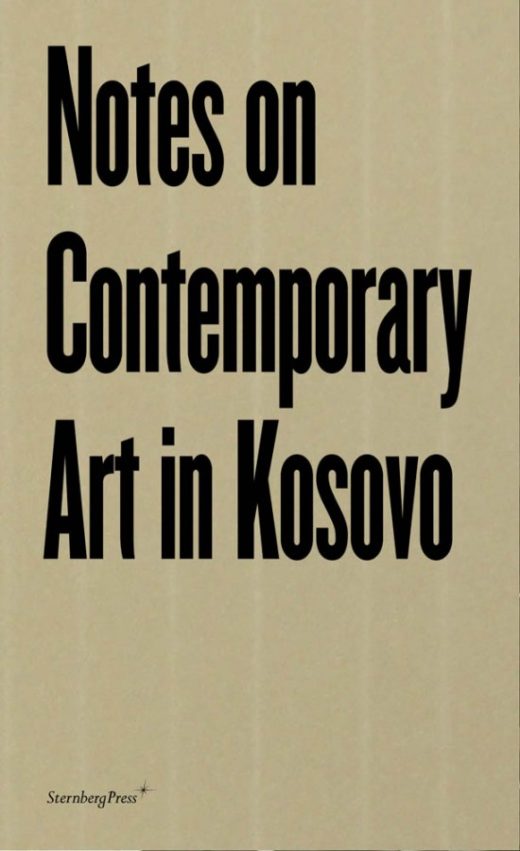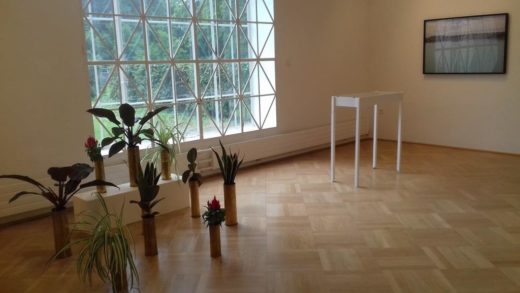Circulating Images, Diverted Images, and Bodily Images in Romanian Art since 2010
Adrian Bojenoiu and Cristian Nae, eds., Romanian Contemporary Art 2010-2020: Rethinking the Image of the World: Projects and Sketches (Berlin: Hatje Cantz, 2020), 208 pp.
Defining the perpetually shifting trends of art in the present can often lead to contradictory arguments, and thus there are few bold and risky examples of efforts at historicizing artistic phenomena that are still in the course of development. At the same time, however, there seems to be an urgency to facilitating the entrance of very recent art from the countries of the former Eastern bloc into the global consciousness. This is happening not only … Read more









